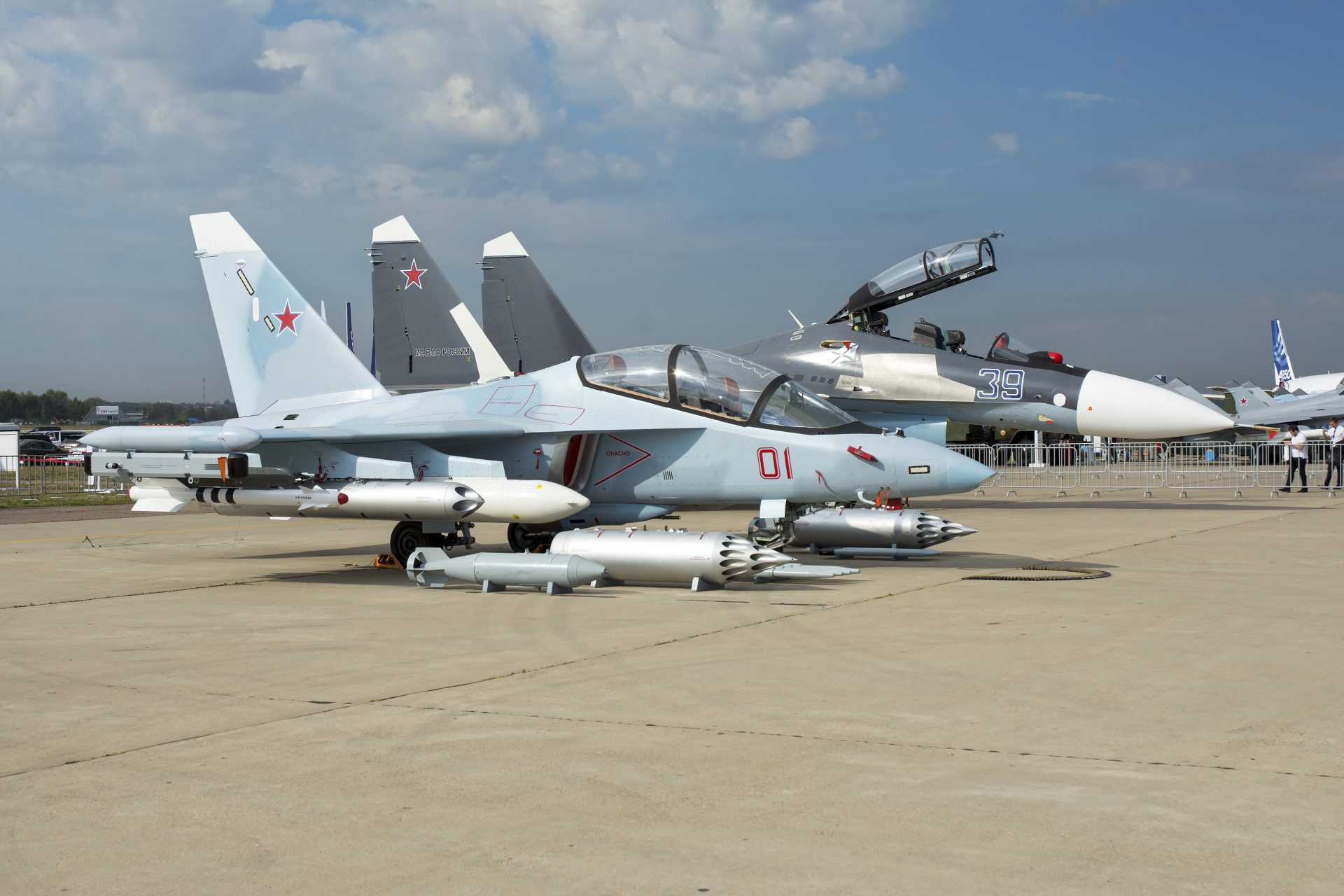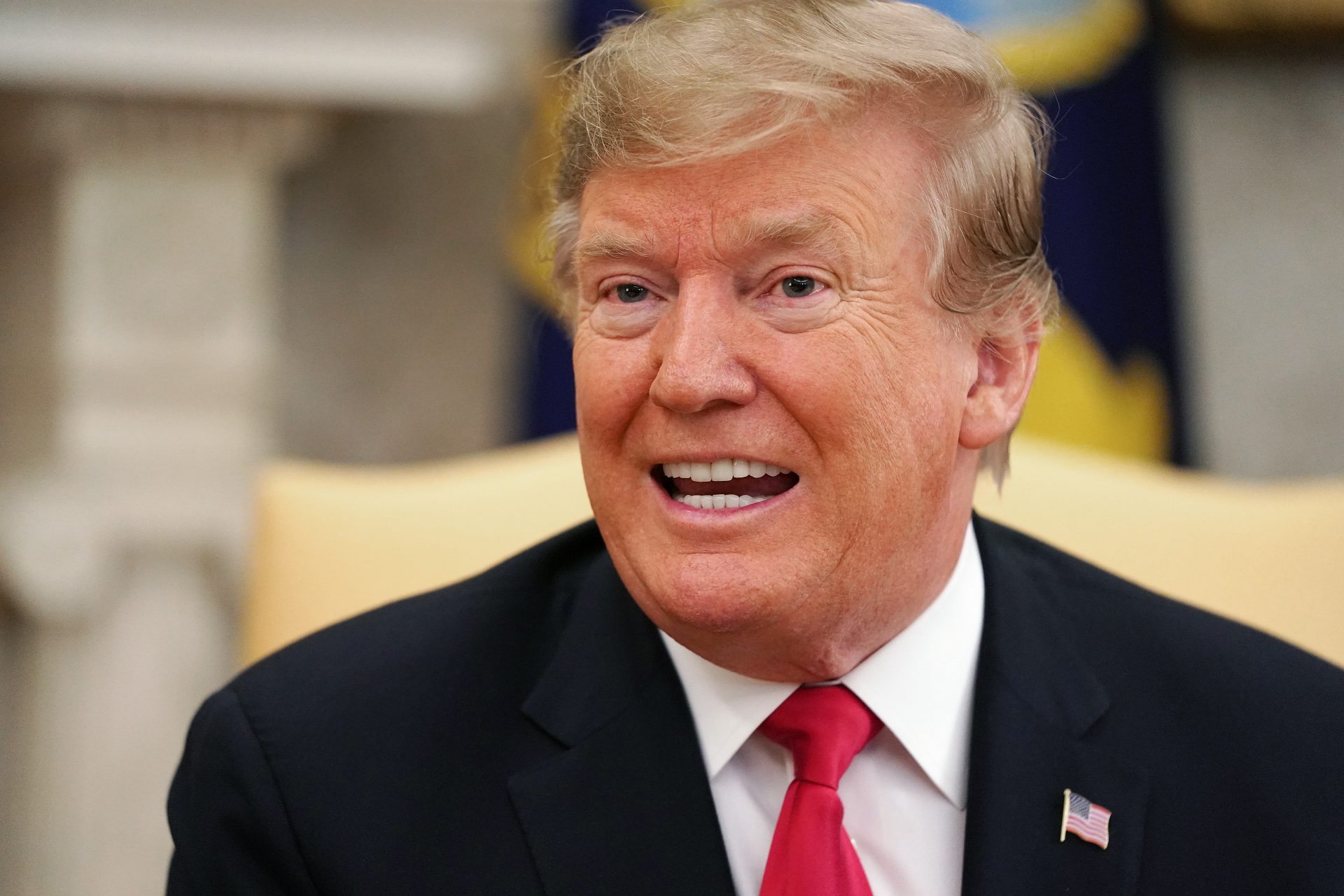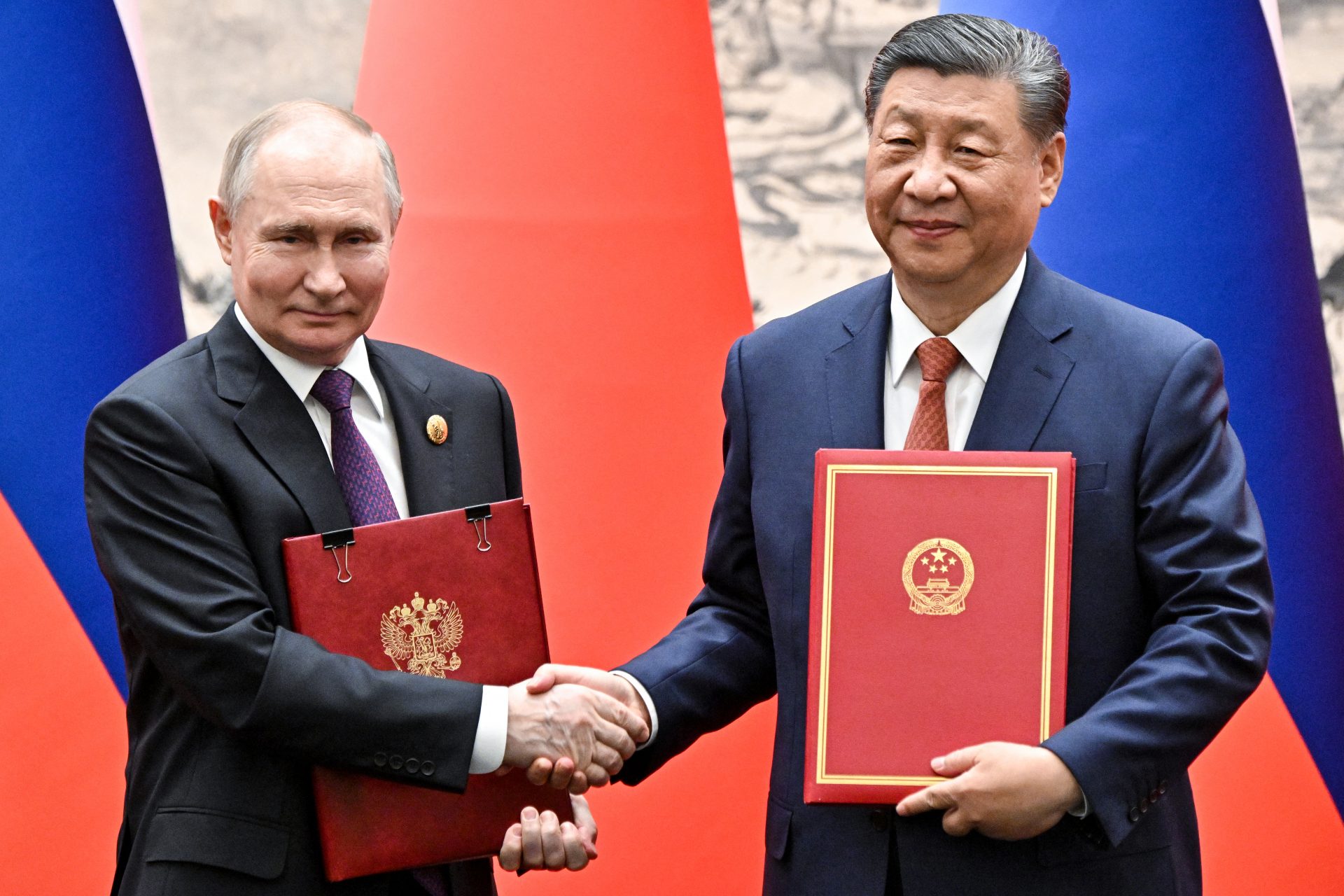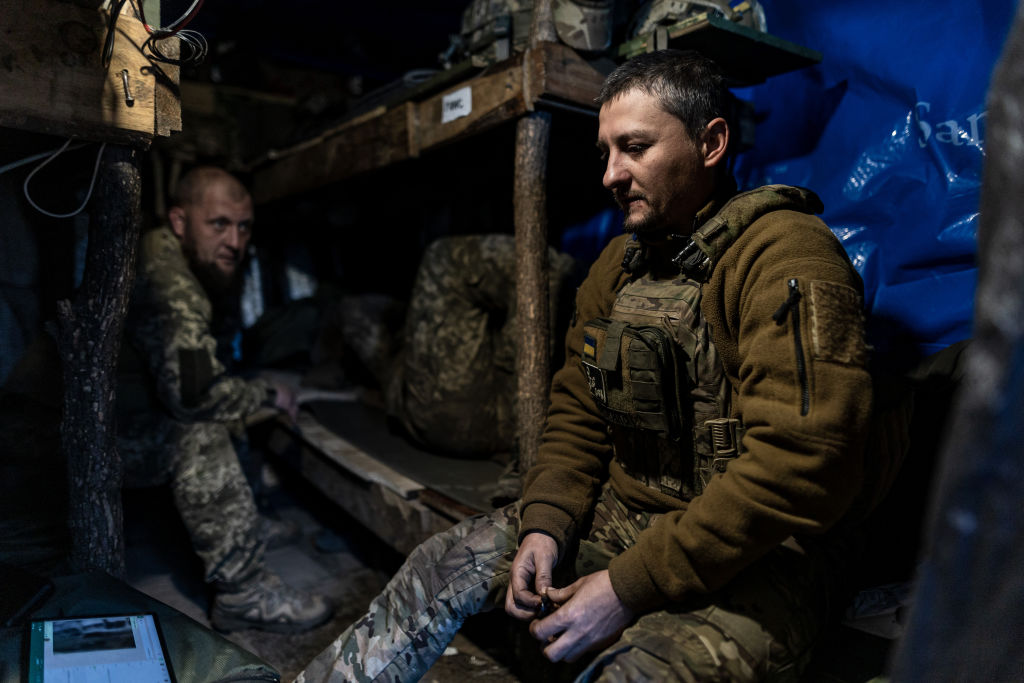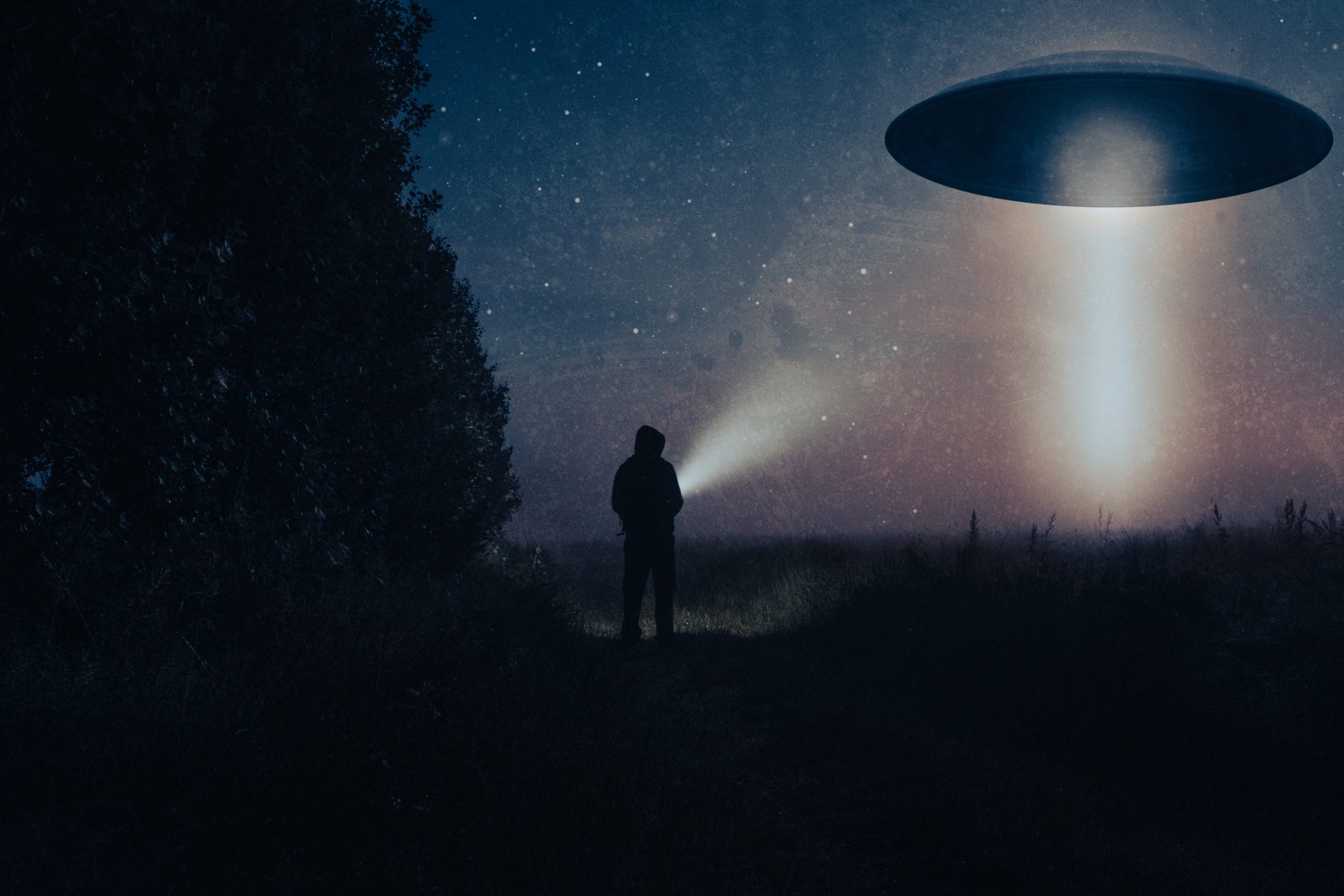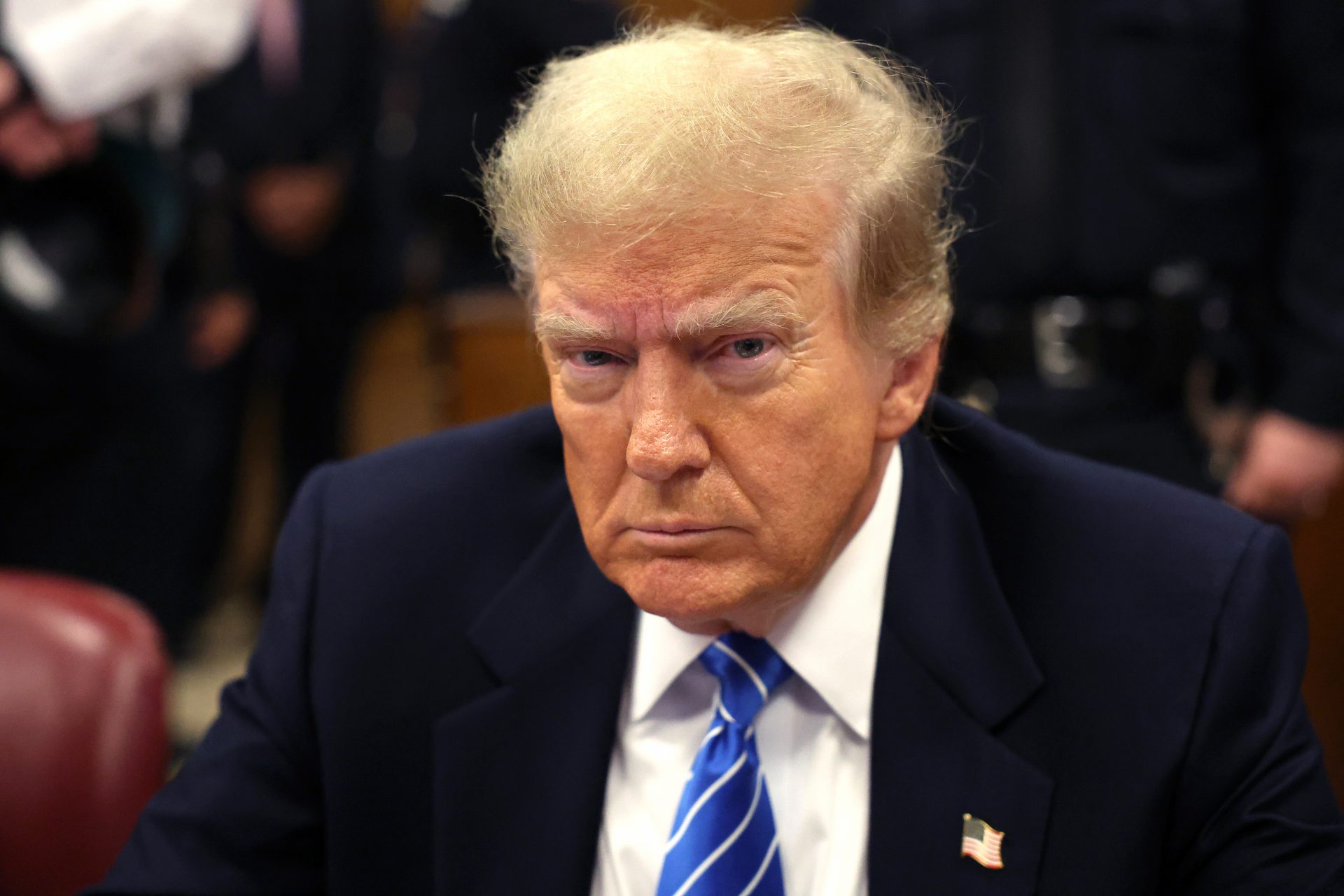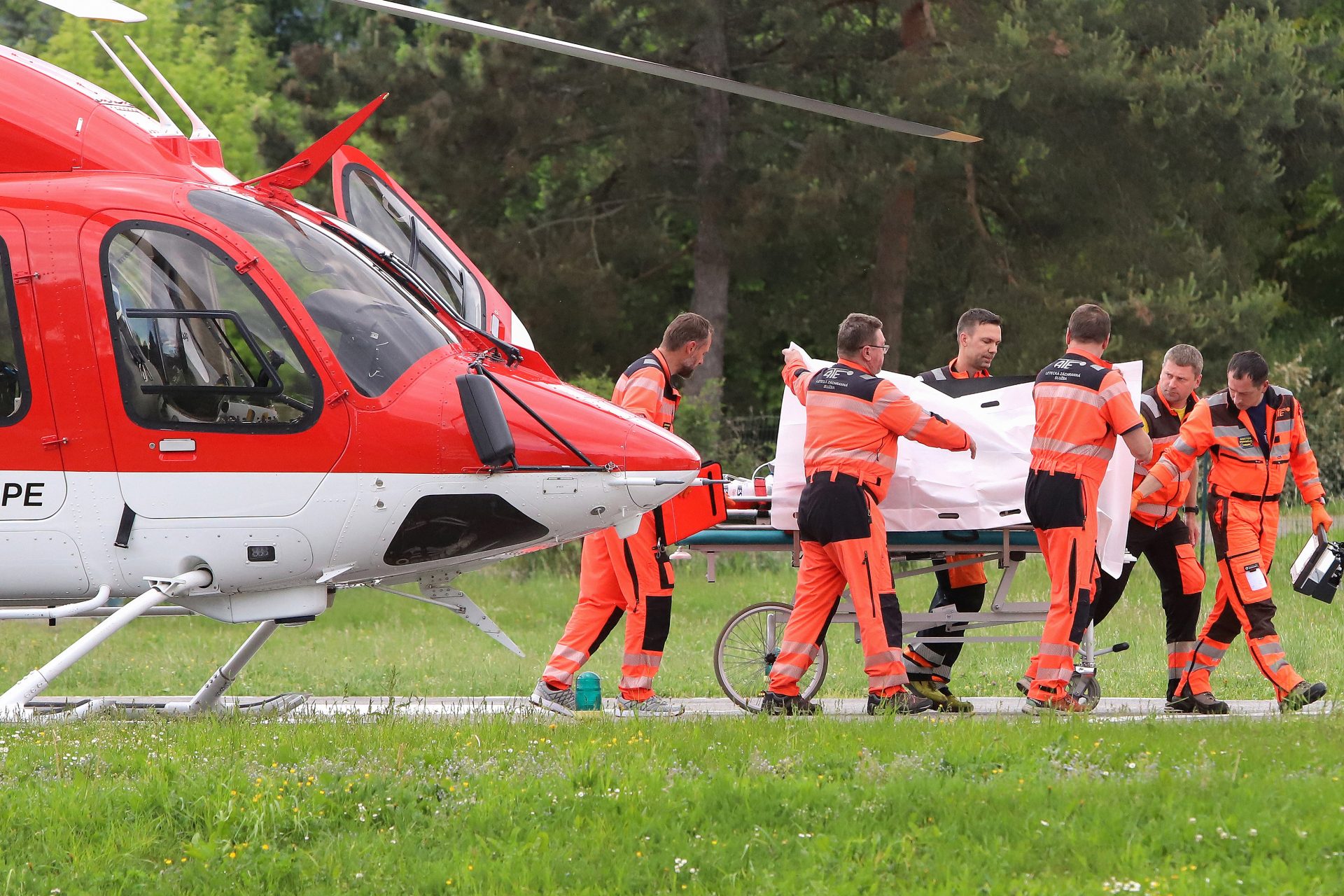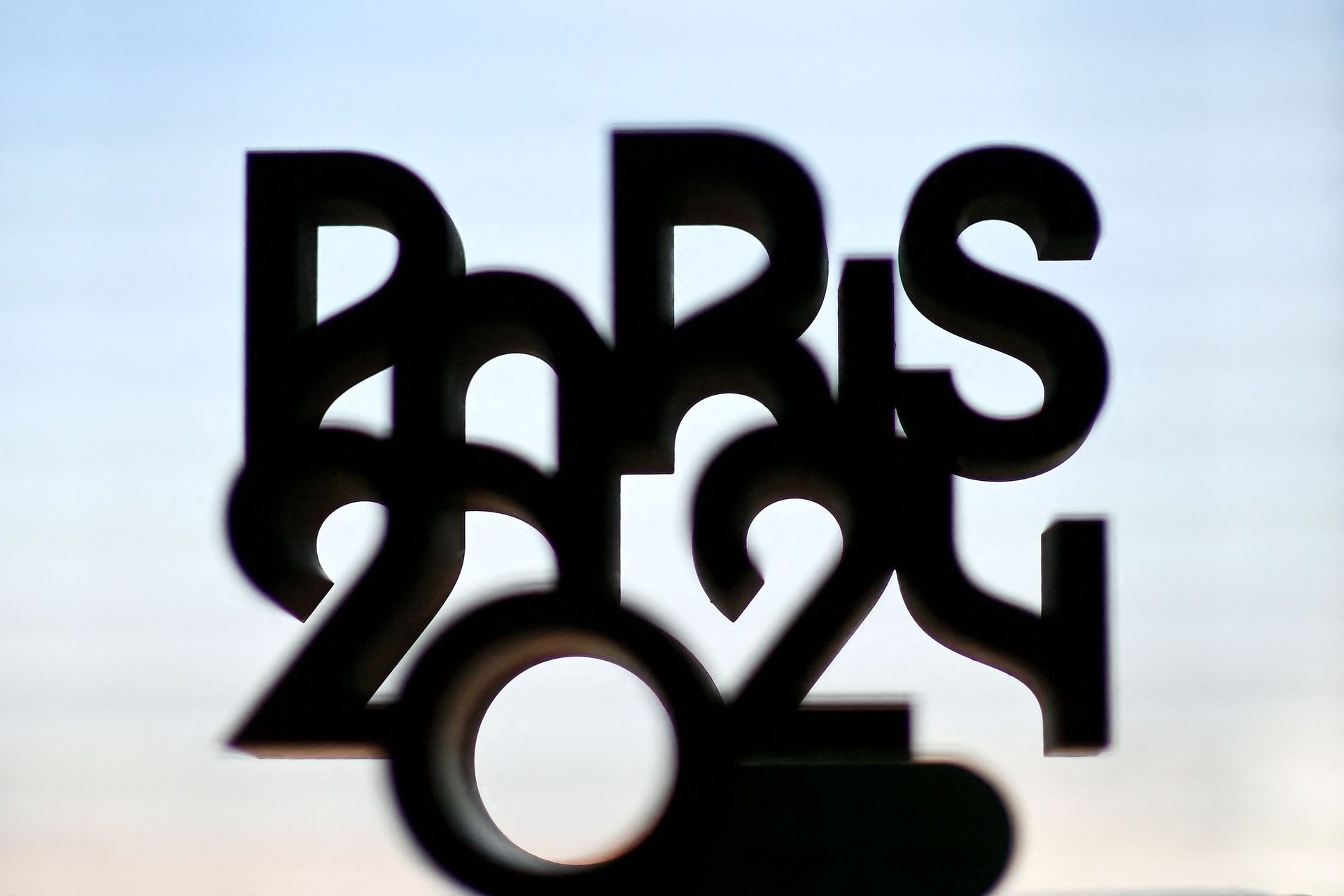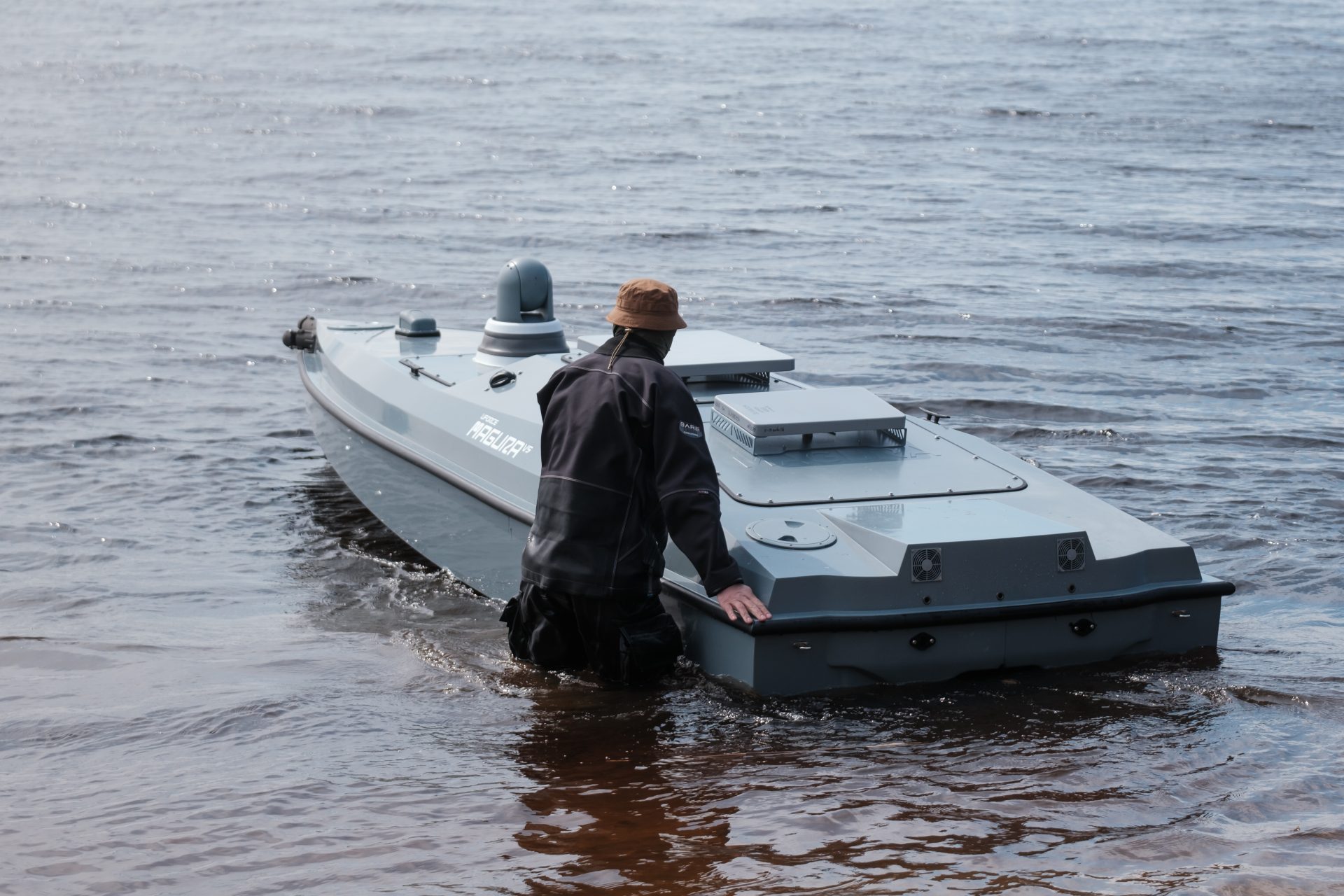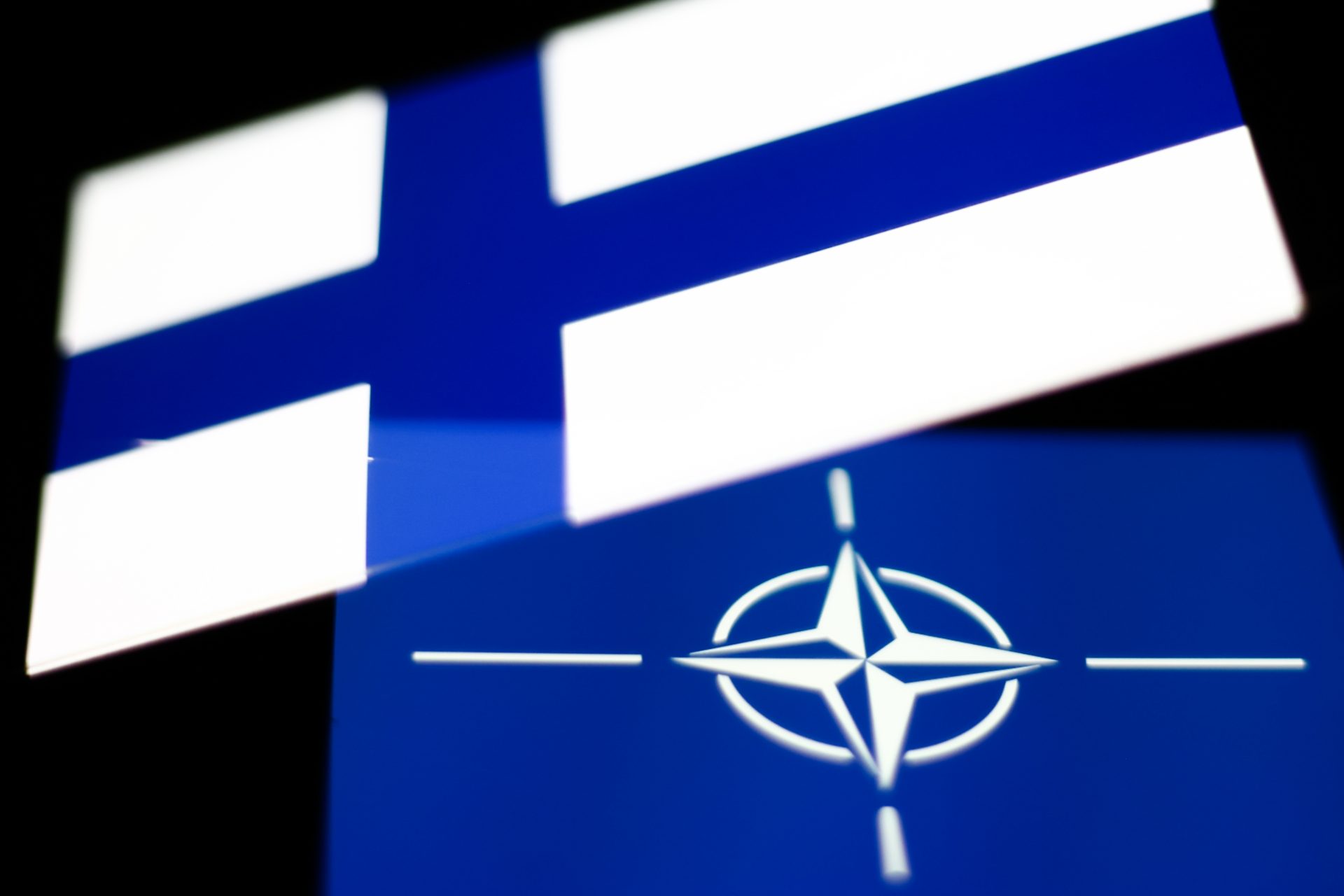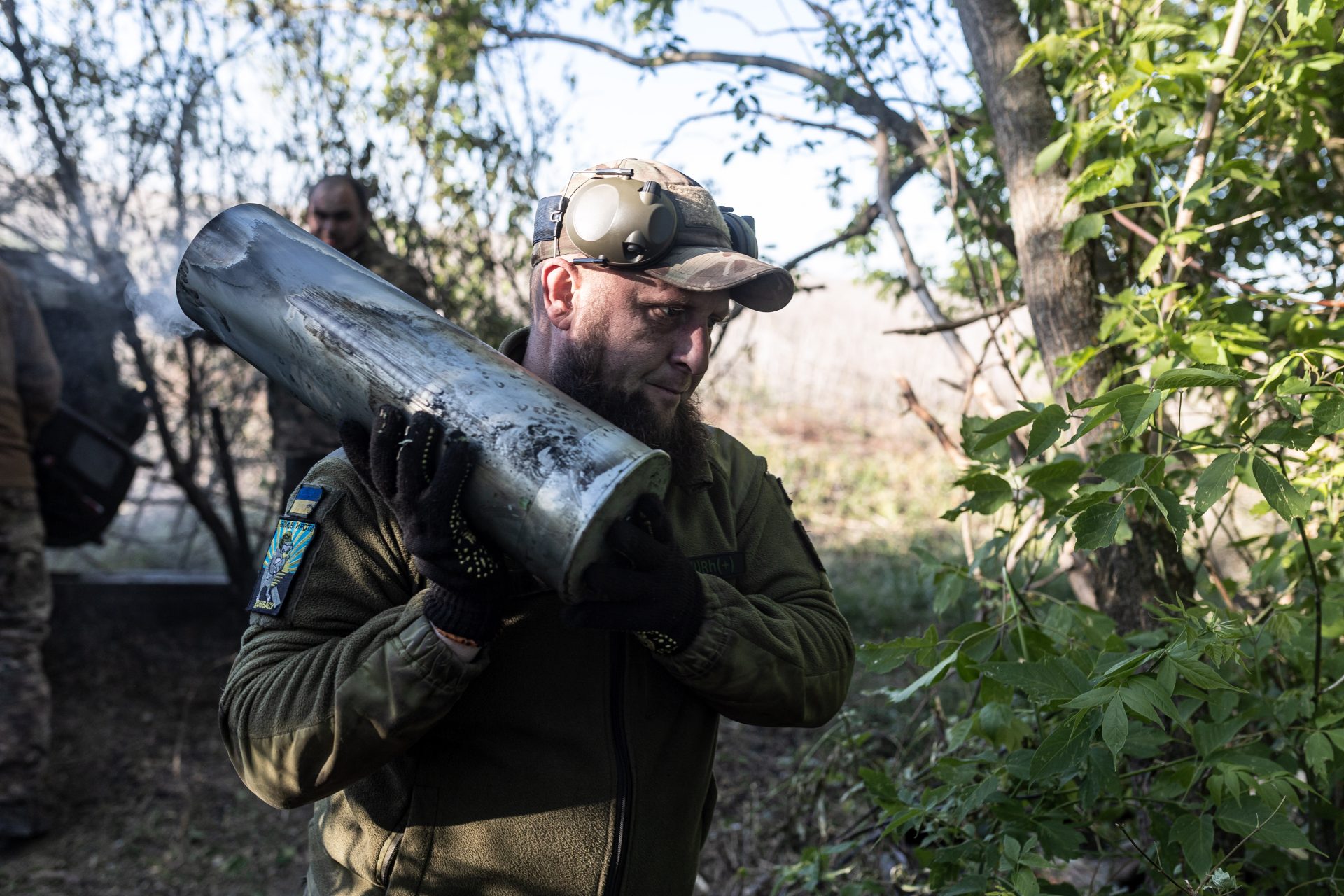Who will inherit Queen Elizabeth's fortune?
While we mourn the death of the Queen, nearly one-and-a-half years after the passing of her spouse, Prince Philip, some might be curious about the monarch's inheritance.
The Duke of Edinburgh had a surprising fortune. To whom did he leave it? And what are all the different aspects of the Queen's wealth and authority, now to be handed down to her offspring?
There is also the matter of Her Majesty's son, Charles, becoming the new King. With the new monarch's changing status, several members of the royal family are changing titles and responsibilities. But how does that work exactly?
Whether you're a monarchist or a republican, it's always fascinating to read the latest about the world's best-known royal family: the Windsor-Mountbattens. Who are part of this illustrious family, what are their tasks and positions, and what are they worth?
The Queen and consort had been on their thrones together for 69 years when Prince Philip died on April 9, 2021. They had been husband and wife for 73 years, since November 1947.
While Elizabeth was part of a wealthy royal family when they married, Philip had next to nothing to his name in 1947.
Prince Philip’s family had led the monarchy of Greece until they were dethroned. Philip was only 18 months old at the time. The family was forced from the country and arrived in the UK only with the things they could carry.
Among the few things Philip's family could save, were the jewels they gave to Elizabeth as a wedding gift. From the Windsors' end, however, there was plenty of money - even as Elizabeth had to get fabric for her wedding gown with ration coupons, just like everyone else shortly after the Second World War.
When she died on September 8, 2022, the Queen owned a few residences, such as Sandringham and Balmoral Castle, and she had others in trust, such as her official residences at Buckingham Palace and Windsor Castle.
While the Queen could not sell possessions that she had in trust - including not only Windsor Castle and Buckingham Palace but also the Crown Estate's lands across the UK, its real estate in central London, the Crown Jewels, and national treasures like the Tower of London - she did get some of the income they generate each year.
The Crown Estate had an estimated worth of $14 billion in 2020, the Evening Standard reported. For the 140 Crown Jewels, the paper suggested a total value of $4 billion. The precious stones and metals did not count towards the Queen's net worth because she did not personally own them.
The royal family has traditionally spent the Christmas holidays at Sandringham and the summer holidays at Balmoral Castle in Scotland. Here they are depicted on the grounds of Balmoral with the three young princes. From left to right, it's Edward, Charles, and Andrew.
For Elizabeth and Philip, Balmoral with its natural resources and privacy (53,000 acres) was always a favorite place to spend their time. The Evening Standard estimates its value at about $140 million, while Sandringham is worth approximately $65 million.
All in all, the royal family sits on top of (but cannot touch) an estimated 28 billion dollars in Crown Estates, Duchies, and palaces, per Forbes. What they really own, is reflected in the combined inheritance of the late Queen Elizabeth and her husband.
Charles, the long-time heir to the Crown and the new King by 2022, was born in 1948. His sister Anne, Princess Royal, is from the year 1950. After them came Prince Andrew in 1960, and Prince Edward in 1964.
This photo was taken at Buckingham Palace in 1972.
The royal family with its Queen, consort, and four children was often described as 'The Firm' - not necessarily because of their comportment amongst each other but mostly because of the size of their financial operations and the economic role each of them had within the 'Monarchy PLC.'
In principle, all the Queen's (grand)children and their spouses were supposed to have a role in the Firm as a Senior Member. But not all of them have remained in that position.
The late Queen had eight grandchildren. King Charles's sons, Prince William (first in line for the throne) and Prince Harry, are the best known among them.
There's also the elder grandchildren, Peter Phillips and Zara Tindall, who were born in the marriage of Princess Anne and Captain Mark Philips. Here they are standing left and right of cousin Harry and Meghan.
Peter and Zara (depicted here with her husband Mark) do not have royal titles. Their parents chose this option for them to allow the children to live normal lives without royal duties.
After Harry and William come the Princesses Eugenie and Beatrice, born in the marriage of Prince Andrew and Sarah Ferguson. Younger grandchildren are the teenagers Lady Louise Windsor and James, Viscount Severn whose parents are Prince Edward and Sophie, Countess of Wessex.
Louise and James, the two youngest, don't have princely titles because their parents agreed with the queen to have their children titled as the offspring of an Earl rather than a Prince.
Yes and no. On the one hand, the title of Prince gives a member of the family the right to royal security forces. On the other hand, there are grandchildren in the family who don't wórk as senior members of the royal house and therefore do not get paid by the palace. This is the case for Princesses Beatrice (photo) and Eugenie, for one.
It's also the case for Prince Harry. Although he may (as of now) still have the royal title, he no longer gets funding for his (terminated) official activities, nor does the palace provide for the safeguarding of his home and family since he left his official duties for the royal family.
With Harry out, there are seven Senior Royals working full-time as official representatives of the Crown:
King Charles and Queen Consort Camilla;
Prince William and Catherine, Princess of Wales;
Princess Anne (but not her husband, Timothy Laurence);
Prince Edward and his wife Sophie, Countess of Wessex.
Conspicuously absent are Prince Andrew, who left in the midst of the Jeffrey Epstein scandal, his ex-wife Sarah Ferguson, and their daughters Beatrice and Eugenie who chose not to work as Senior Royals and are making a different living instead.
Senior royals get a yearly income from the Sovereign Grant. In addition, they also make some money from the estates they hold in trust, such as the Duchy of Cornwall, the Duchy of Lancaster, Kensington Palace and the Crown Estate Scotland.
Forbes reported in 2021 that it was in the family's interest to keep the number of Senior Royals as low as possible. If too many children and grandchildren were on the payroll, the royal purse might scatter over time and the public would complain about their excessive use of the Sovereign Grant.
Forbes suggested that Charles (at that time still the Crown Prince) was most concerned with The Firm's finances and its paid members.
The late Queen Elizabeth II had a personal wealth that put her near the ten richest monarchs in the world. The Sunday Times Rich List estimated that she had 350 million pounds in net worth, which was (in the currency exchanges of that time) on a par with what Forbes estimated as 500 million dollars in personal assets. Vanity Fair went as high as 600 million dollars in determining the Queen's personal fortune.
The Queen was famously frugal, spending very little on personal pleasures, but she made an exception for her horses. The Evening Standard estimated that keeping and taking care of her stables and thoroughbreds cost about 600,000 pounds (850,000 dollars) per year.
Royal finance expert David McClure was cited by the Evening Standard in saying that the Queen's horses were "quite an expensive hobby. At one stage she had a strong of about 20 thoroughbred horses, she had three studs, she had stables."
Having entered the royal family with almost nothing, the late Prince amassed a small fortune over the years. We call it small because it was a lot less than the worth of his wife.
As a consort to the Queen, the Prince had a yearly income in accordance with the 1952 Civil List Act. By 2011, the Sovereign Grant Act set its amount to 359,000 pounds per year (507,000 dollars). Per month, that's about 30,000 pounds (42,000 dollars).
In fact, the Prince continued to receive this salary after leaving public life in 2017, as confirmed by the British Government. In addition to this substantial salary, Philip received income from the portfolio of estates, funds, and bonds connected to the Duchy of Lancaster.
Apart from this income in pounds, the Prince accumulated many works of art over the decades. He received artefacts from all corners of the Commonwealth, and especially his his collection of Aboriginal art is important.
While Queen Elizabeth’s wealth was estimated between 500 and 600 million dollars, her husband's was reported as more modest. Vanity Fair talked about 14.5 million dollars while others (Celebrity Net Worth, Express) estimated it to be in the range of 30-40 million dollars.
Tradition dictates that the next of kin inherit the wealth of the deceased. The late Queen was able to distribute the Duke of Edinburgh's wealth as she pleased.
When Queen Elizabeth II died, her vast estate was in principle to be inherited by Prince Charles. Details of the testimony are not known, however.
What we do know, however, is that the British royal family doesn't pay inheritance tax, a percentage that normally would lie between 36% and 40% of the deceased's fortune. Charles will not have to contribute anything of this inheritance to the taxman.
Some feel that the Royal Family is a waste of taxpayers' money. However, as Forbes has calculated, the estimated returns of the royal family's presence in the British economy were approximately $2.7 billion per year before the pandemic.
Returns for the economy consist of tourism (visits to royal monuments), "free media coverage of Britain," and "royal warrants" for certain products like jackets or whisky, Forbes claims.
More for you
Top Stories













































